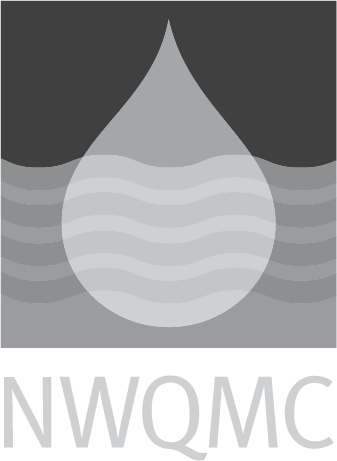DOE EML: Pb-01-RC: Lead-210 in Bone, Food, Urine, Feces, Blood, Air, and Water
|
Official Method Name
|
Lead-210 in Bone, Food, Urine, Feces, Blood, Air, and Water |
|---|---|
|
Current Revision
| EML Procedures Manual HASL-300, Volume 1, 28th Ed.(1997) |
|
Media
|
VARIOUS |
|
Instrumentation
|
Graphite Furnace-Atomic Absorption Spectrometer |
|
Method Subcategory
|
Radiochemical |
|
Method Source
|
|
|
Citation
|
|
|
Brief Method Summary
|
Lead-210 is isolated from most interferences. Its progeny 210Bi is separated from 210Pb, and the beta activity is measured by atomic absorption spectrometer radiometrically after ingrowth. |
|
Scope and Application
|
This procedure is applicable to determination of lead-210 in samples of bone, food, urine, feces, blood, air, and water and is based on the solvent extraction of a lead bromide complex into Aliquat-336 (Petrow and Cover, 1965; Morse and Welford, 1971). |
|
Applicable Concentration Range
|
None given. |
|
Interferences
|
(A) Reagent blanks: It is necessary to analyze reagent blanks with each batch of samples to correct the lead-210 results. (B) Inflated estimates of lead carrier yield: The stable lead content of some samples may be high enough to contribute a significant fraction to the total stable lead measured by AA. This would result in an inflated estimate of the lead carrier yield. (C) Hydrogen peroxide contains measurable and variable amounts of stable lead and should be used sparingly. (D) Lead-210 loss concerns: It has been shown at this Laboratory that no lead-210 loss occurs from bone dry ashed below 700 degrees C (Fisenne, 1994). The absence of lead-210 loss was determined for three bone types - ribs, vertebrae, and femur. It is the practice at EML to dry ash bones for lead-210 analyses at 550 degrees C. (E) Cross contamination: High-level and low-level samples should be processed in independent batches to minimize possibility of cross contamination. |
|
Quality Control Requirements
|
QC samples should be analyzed to ensure required limits of precision and accuracy are being met. QC samples include instrument calibration standards, blank samples, control samples, an "spiked" samples. |
|
Sample Handling
|
None given. |
|
Maximum Holding Time
|
None given. |
|
Relative Cost
|
$51 to $200 |
|
Sample Preparation Methods
|




